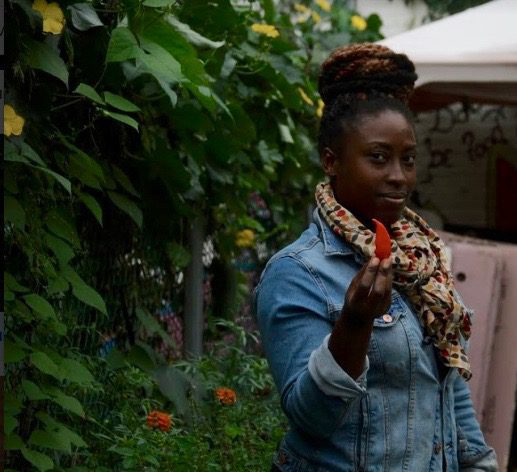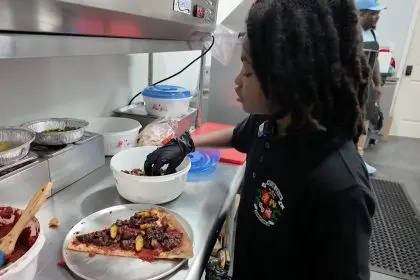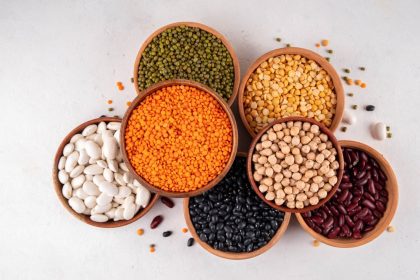
Earth is the only home we have. If we don’t start now to turn around the environmental damage we have caused, we might not be around to save it and the plants and animals that we depend on. As a possible solution, many metropolitan cities are turning to urban farming and aquaponics. In Brooklyn, New York, Nigerian-born Yemi Amu has been a part of this movement by opening the city’s only teaching aquaponics farm, Oko Farms.
What is aquaponics and why is it important to the sustainability of our planet?
Aquaponics is farming in water. It is the cultivation of fish and plants together in a symbiotic aquatic ecosystem whereby fish waste provides nutrients for plants while plant roots filter the water for the fish. This farming method allows you to raise both fish and plants while using up to 80% less water than traditional farming. Aquaponics is also scalable and can occur both indoors and outdoors.
As we deal with the environmental impacts of climate change including soil erosion and drought, alternative growing methods like aquaponics can help create food security for vulnerable communities.
What is Oko Farms and how did it find a home in Brooklyn?
Oko Farms is an aquaponics farming and education company in Brooklyn. In 2013, we converted an abandoned lot in East Williamsburg, Brooklyn, into the Oko Farms Aquaponics Education center — NYC’s first outdoor — and only publicly accessible — aquatic farm. We were able to acquire the lot through a partnership with the Brooklyn Economic Development Corporation and GreenThumb NYC.
In addition to growing a wide variety of vegetables and fish, we provide workshops, tours, and support individuals and organizations with setting up their own aquaponics farms.
What type of produce and fish do you grow on your farm?
We grow a variety of vegetables on our farm, including leafy greens, herbs, onions, tomatoes, peppers, sweet potatoes, cabbage, sorghum, rice, millet, squash, etc. We also raise catfish, bluegill, tilapia, goldfish and koi.
Continue reading on the next page.
















